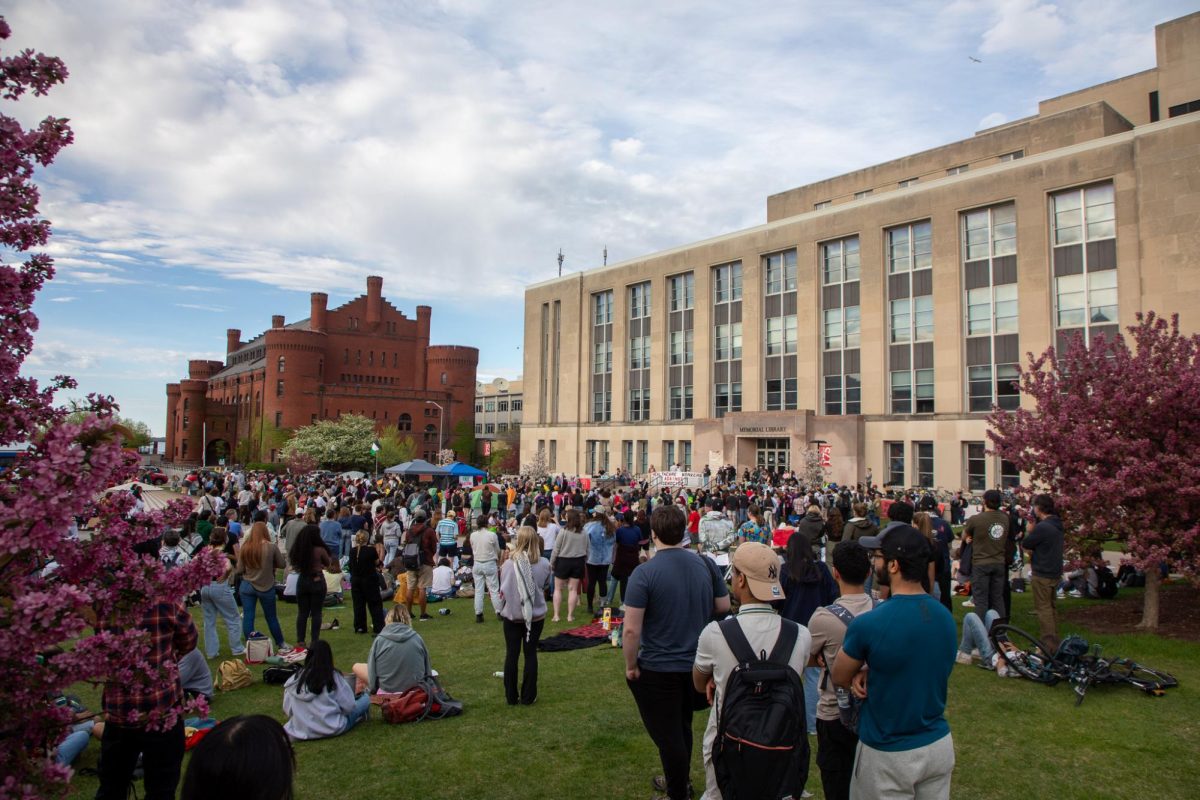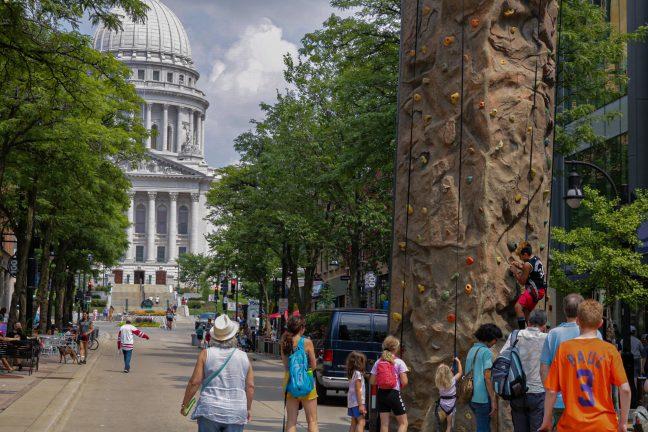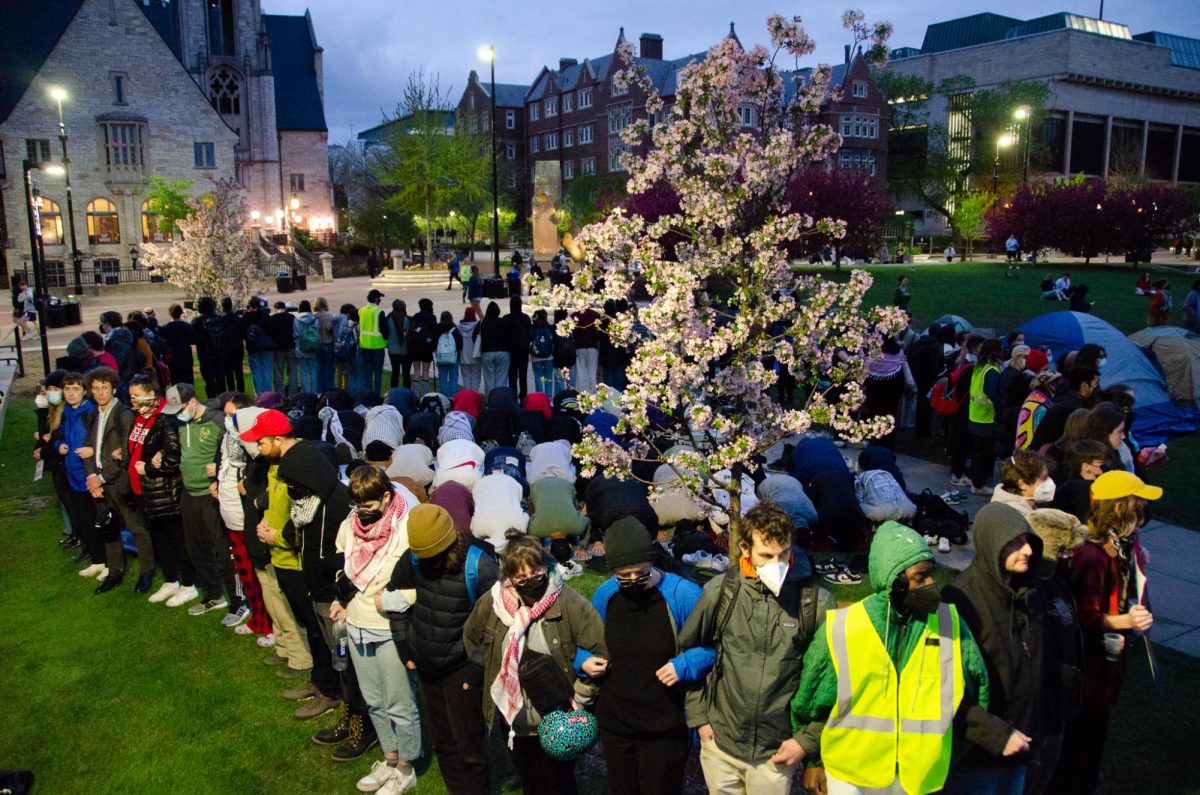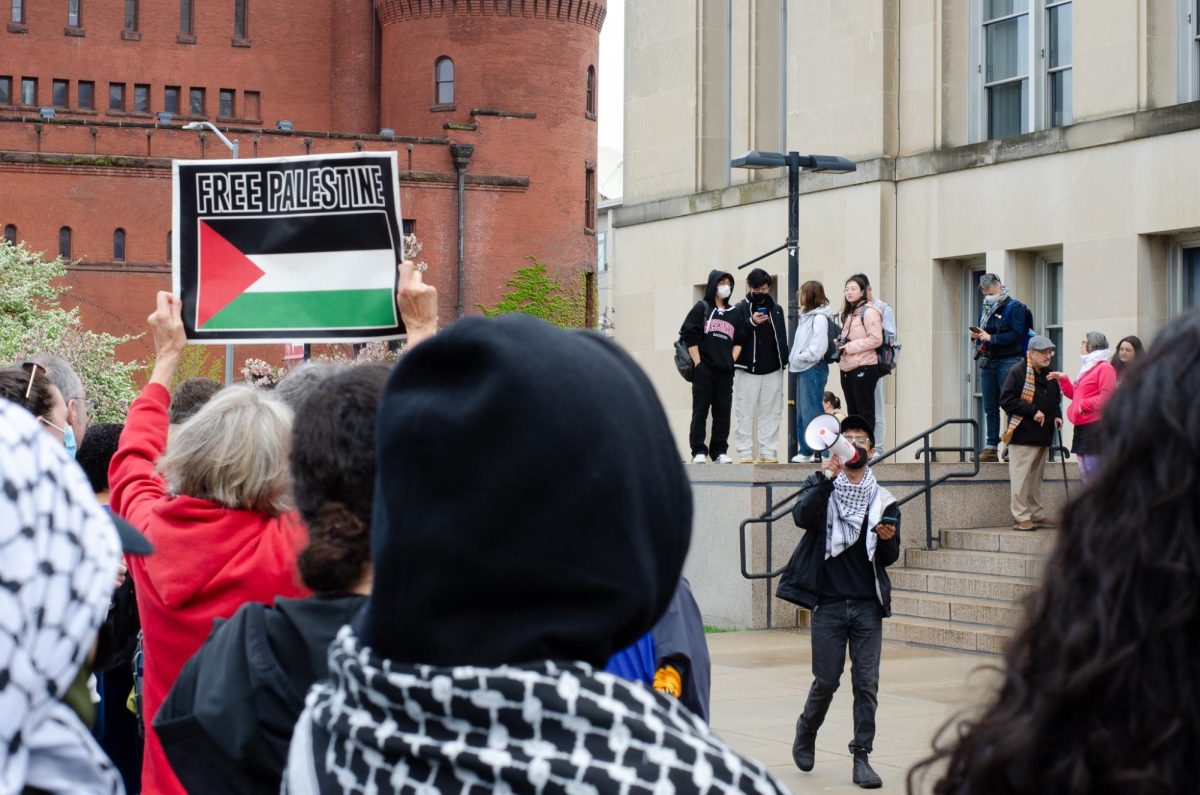Madison was named the 6th happiest city to live in the United States in WalletHub’s review of the Happiest Cities in America.
The ranking takes metrics into account from three major categories — emotional and physical wellbeing, income and employment and community and environment.
Emotional and physical wellbeing ranking was judged by things like adequate sleep rate, depression rate, retail opioid prescriptions dispensed per 100 persons and food insecurity rate. Income and employment involved poverty rate, job satisfaction, weekly work hours and commute time. The community and environment category includes divorce rates, hate crime incidents per capita, ideal weather and acres of parkland per 1,000 residents, according to WalletHub.
Out of all 182 cities listed by the report, Madison was ranked 10th in the emotional and physical wellbeing category, 11th in the income and employment category and 19th in the community and environment category, according to the report.
Wisconsin Supreme Court rules in favor of MMSD transgender student policy
In an email statement to The Badger Herald, Madison Mayor Satya Rhodes-Conway said she is glad Madison ranks so highly.
“I’m proud that Madison makes so many ‘top 10’ lists, including Most Livable City for two years in a row,” Rhodes-Conways said. “It’s nice to be recognized for our excellent quality of life, great infrastructure, beautiful lakes and strong economy. However, we know that these benefits are not shared equally by all Madisonians. I am committed to reducing disparities and improving access to opportunity so everyone in Madison has the opportunity to thrive.”
Both Rhodes-Conway and minority caucus vice-chair Sen. Melissa Agard, D-Madison, believe there is work to be done in ensuring an equal quality of life in Madison.
Sen. Agard said that while Madison’s ranking is good news, it may not be truly representative of Madison’s entire population.
“I think it’s important that when we do studies like that and look at the results, we think about whether or not all demographics of the city of Madison would rate things in the same way,” Agard said. “Certainly, I see a lot of disparity in the city of Madison that needs to be addressed.”
The UW campus is no exception to this trend. Senior at UW Hersh Pareek is very aware of the different experiences among Madison residents across various communities.
“I think that while Madison is a great college town to live in, a lot of students tend to see it as a bubble instead of a diverse community,” Pareek said. “The allied community in the South side has the highest concentration of people of color but is one of the poorest in the area.”
According to a report co-authored by University of North Carolina at Chapel Hill professor Fenaba R. Addo and Duke University professor William A. Darity Jr. and published through the University of Wisconsin’s Institute for Research on Poverty earlier this year, Black families in Madison never fully economically recovered from the Great Recession, resulting in widening income disparities.
On average, Black heads of households with a college degree have two-thirds the net worth of white heads of households that never completed high school, according to the report. Further, of the households in the bottom 20% of income distribution, white households held a median average of $26,340 in assets compared to median average of $1,900 for Black families, according to the report.
Part of the reason Black families were hit harder and continue to be affected by the Great Recession is that a large portion of the group’s wealth comes from home ownership, which is what the recession tore apart, according to The Atlantic.
Wisconsin has been ranked one of the worst states for racial inequality, according to the 2022 Kids Count Data Book. Madison public officials, including Rhodes-Conway, have acknowledged the different experiences Madison residents may have, depending on their identity.
Agard agreed that racial disparities pose issues in Madison and often get ignored in ranking lists, but she has hope that these issues can be solved in the future.
“I know that in Madison, we are historically people who care about each other and want to make the community better,” Agard said. “I think that certainly we have work to do in order to do that, but a goal of being the happiest place in the United States for everyone in our community is a great goal to have and would be a wonderful achievement if we were able to reach it.”
After recent attacks on Asian students, UW students continue to demand more from administration




















